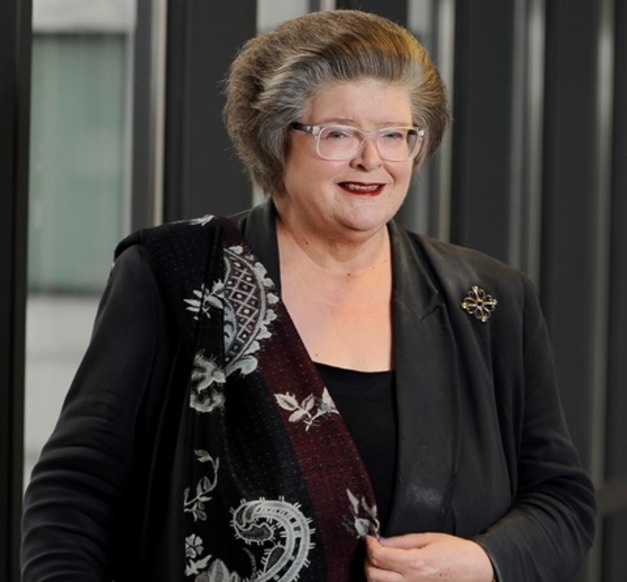“Small states must to team up more closely with each other in order for their voices to be heard. As our Scottish study shows, focusing on the common problems and possibilities of small states can help us to rise above the details of a particular nation's politics and look for logical solutions,” says Alyson J. K. Bailes, Adjunct at the Faculty of Political Science, but she has recently studied what would happen if Scotland became independent as a small state.
Bailes was born in England and worked as a British diplomat before moving to Iceland six years ago when she started teaching at the University of Iceland. “I have been very interested in small state studies since my move to Iceland. Iceland is clearly a small state in an international context, but so are all the other Nordic states. Small states are often defined as such if their inhabitants are below 10 million. Being small can sometimes be difficult on the international scene, but it need not be either a shame or a danger if the implications are well understood“, she says.
Upon her arrival in Iceland Bailes became especially interested in the issues of small states in a more theoretical way. “I believe it is very important for Small states to find good solutions for international peace and cooperation. Often small states are loyal partners and supporters of international institutions such as the United Nations, North Atlantic Treaty Organisation - NATO and the Arctic Council, because they know that they need help from others, as well as a stage to stand on to have their voices heard. Should Scotland become independent it would be to their advantage to work closely with the Nordic Countries,” Alyson concludes.
Alyson Bailes, 1949-2016



